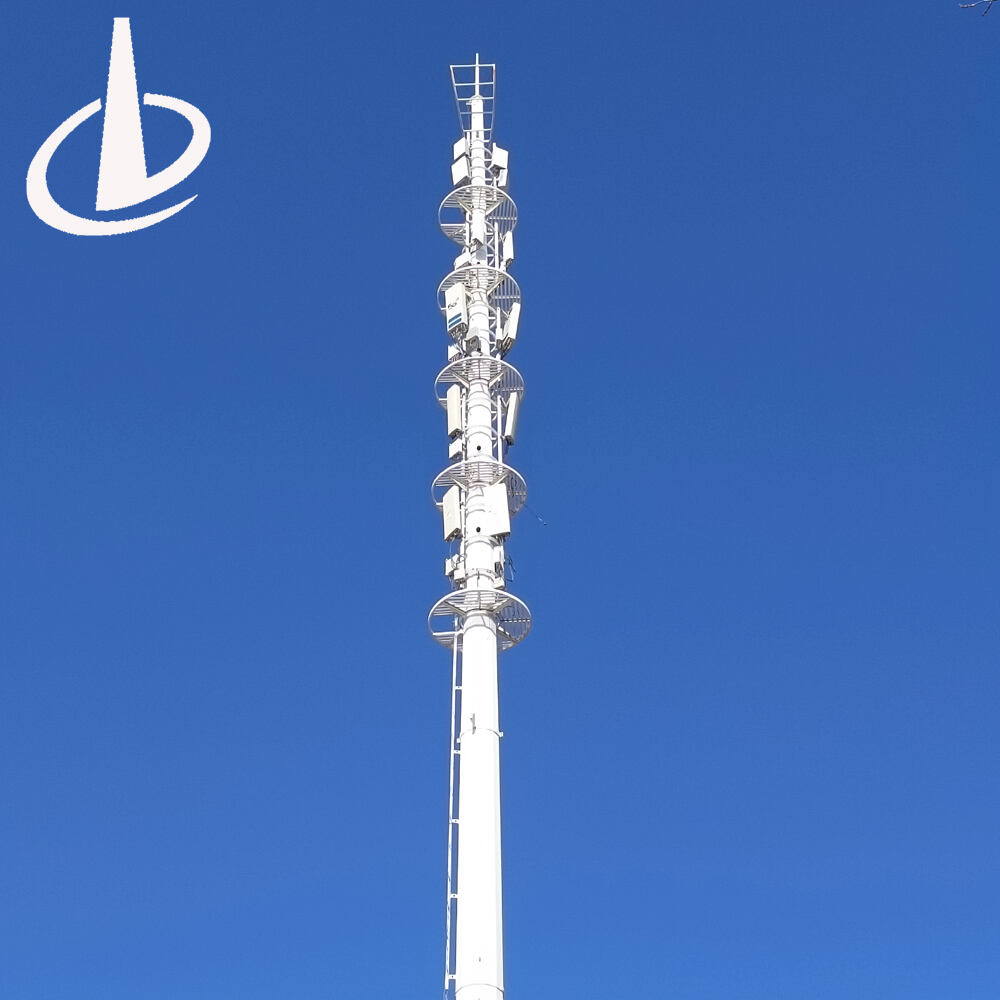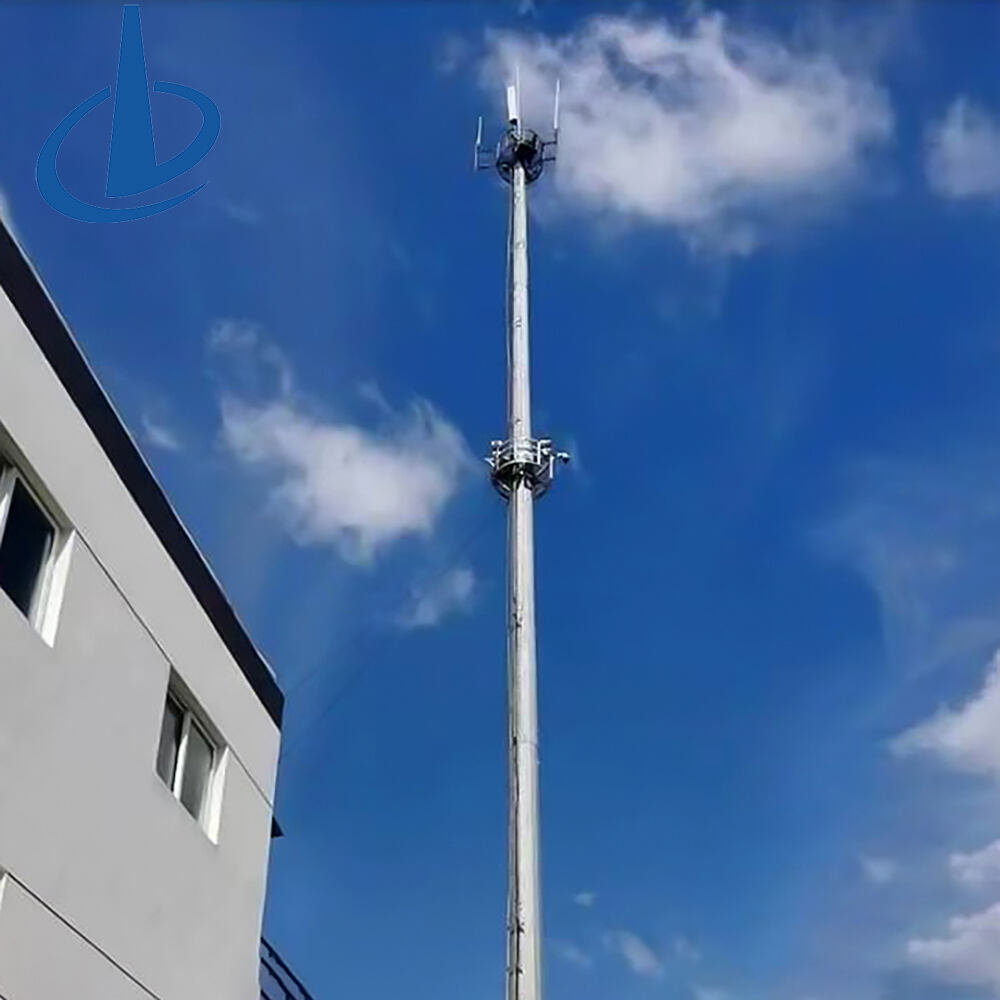tower iron
The tower iron, a fundamental component in structural engineering and construction, serves as a critical element in creating robust and durable tower structures. This versatile material combines superior strength with practical functionality, making it essential for various applications in both industrial and architectural projects. Tower iron is specifically engineered to withstand extreme weather conditions, providing exceptional durability and structural integrity. The material undergoes rigorous quality control processes, including heat treatment and surface finishing, to ensure optimal performance and longevity. Its unique composition allows for excellent load-bearing capabilities while maintaining relatively lightweight properties. The tower iron's design incorporates advanced metallurgical techniques that enhance its resistance to corrosion and environmental degradation. Modern manufacturing processes enable precise specifications, ensuring consistent quality and dimensional accuracy across production batches. The material's adaptability makes it suitable for various tower configurations, from telecommunications installations to power transmission structures. Additionally, tower iron features specialized coating systems that extend its service life and minimize maintenance requirements, making it a cost-effective solution for long-term infrastructure projects.


